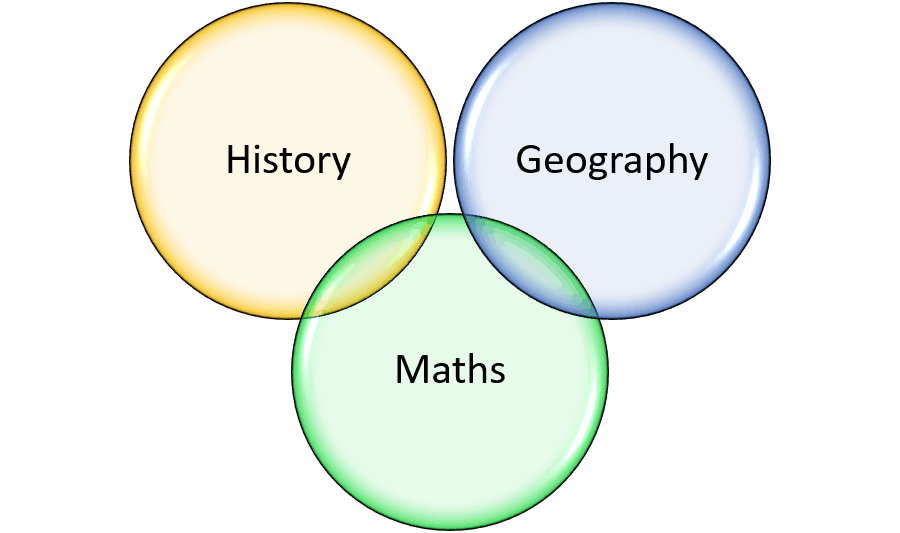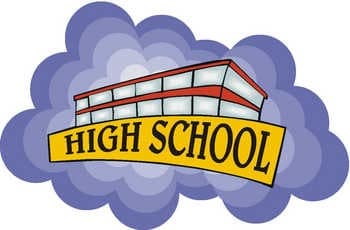A comprehensive guide to education
K-12

When your child begins their first day of school, you’ll often hear parents remark ‘where has the time gone?’ or ‘how quickly they grow up!’
You’ll find yourself saying this about your child every first day of school until year 12, and perhaps even into their first day of university. There’s 13 years of school, and each of them seems to be more important than the last. Just as easily, however, they can all blur into one. So what can you expect your child to achieve and expect in each of their 13 years of school? Let’s have a look…
Kindergarten: Kindergarten is considered one of the most important years of school. It’s the most common one kids will repeat because they simply aren’t ready for school’s challenges, or they haven’t progressed as expected. This is nothing to worry about, and both you and your child will be glad for it in the long run.
“Kindergarten is considered one of the most important years of school.”
In Kindy kids will learn social skills and rules. They will also begin to learn how to read. By the end of Kindy most kids will know how to recognise sight words, form basic sentences, and be able to count up to 50. They’ll also learn a lot of basic content, like how plants grow, the diversity of families, and their communities.
Year 1: In Year 1, children will be developing reading skills and be able to read basic picture books, form sentences, and be able to spell some basic but unfamiliar words. In maths, they can count forwards and backwards to 100, and add numbers up to 20. They also introduce concepts such as the times tables.
Furthermore, they will learn more complex sound combinations in words, and form sentences to create short stories. They’ll learn about where things come from and how they’re made, and also be introduced to some scientific concepts such as inquiry and investigation.
Year 2: In year 2 children’s skills in maths and science are consolidated. They also learn about different kinds of communication such as visual communication, and communicating through stories as paintings.
In terms of literacy and numeracy, year 2 children learn about division, and about silent letters in words. They learn more complex punctuation too. You’ll find your children becoming increasingly confident at this time, and also developing stronger friendship groups.
Year 3: Year three is considered the first year of upper primary school, and children get into ideas such as analysis. By now, your child should be able to read children’s novels of substantial size. They recognise a variety of different text types, and maths becomes increasingly more complex with the ideas of algebra being introduced to the students.

History in this year level moves from being about local places, families, and communities, to introducing big historical narratives such as the colonialization of Australia by the British.
Year 4: Year 4 adds another layer of complexity to the work done in year 3. Students will tend to learn skills of scientific inquiry, and also apply them. In maths they encounter problem solving skills of increasing complexity. They also learn more about health and also engage in historical narratives. Geographical skills include mapping, and Australia’s role in international communities.
Year 5: Year 5 is part of the final stage in primary school. In year 5 children engage in complex analysis, learn about Australia’s history in the world, and also learn to construct arguments about certain topics. Fractions and long division are the major mathematical skills introduced, along with percentages.
In geography, students will likely learn about how Australia’s government works, and the importance of democracy. Some ethical considerations of arguments are introduced.
Year 6: It’s the final year of primary school, and a lot of focus is on preparing for high school next year. For this reason each individual subject is looked at in depth. Whereas before kids would learn about subjects which combine English, Maths, History, Science, etc, they now learn things at an increasingly individualised rate. They practice writing extended responses, and use reason and problem solving skills in a variety of contexts.
Year 7: Year 7 is the first year of high school. For the first time students will have to move around classes, and learn subjects completely isolated from each other.

Getting used to a timetable and increased responsibility is quite a challenge, but schools ensure year 7 students are supported as best as possible. Archaeological concepts along with world history are introduced. They learn about science as an individual subject and keep this until year 10, in the process they learn about Biology, Physics, Chemistry, and Earth Science.
Year 8: Year 8 is part of the same learning stage as year 7, delving into similar concepts with increasing complexity. Trigonometry concepts such as Pythagoras’ Theorem are introduced, and this may be one of the first years where students are required to use a calculator for complex mathematical concepts. This is also the final year where learning another language is compulsory.
Year 9: In year 9 students are introduced to Australian history in depth. Looking at years between the wars, and cultural icons such as Don Bradman. In English students are expected to construct texts of a significant complexity using a variety of mediums. They are also required to analyse and include complex concepts in their work.
Year 10: This year used to be the final compulsory year of school. However, recent changes mean students need to be in school until the age of 17, meaning Year 11 is the minimum year for most students. Year 10 students begin to think about their subjects for the HSC next year. Teachers of year 10 students are on the lookout for student skills and how these might be nurtured in the HSC years. By now, students construct long responses to texts which are very complex. In Math they know about how to apply formulas and graph them, they know about financial mathematics, and also measurement of complex shapes.
Year 11: In year 11 students have chosen subjects they want to study for the Higher School Certificate, which will give them a university entry mark (for those who want one). It’s kind of like a dress rehearsal for Year 12. While it is rare that subjects in year 11 count for the HSC, students should be making the most of this year. By now subjects are even further divided to consider deeper content and analysis. English is the only compulsory subject, and there are four different ways to study it through subjects such as Fundamentals of English, Standard English, Advanced English, and Extension English. This year sows the seed for the content students study in year 12.

Year 12: This is it. The big dance, as they say. Year 12 is the final year of school. In year 12 most students will be studying for the HSC which rolls around in November of this year. Students have chosen the subjects they want to study for this year. There’s normally a 50:50 split of internal assessments run by a school, and a 50% exam which is the HSC exam for each subject. This determines something known as the ATAR, which is a number from 0-99.9 which details a student’s overall performance in relation to every other student in the state. The closer to 99.9, the better. It also informs universities of a student’s general capability, and some courses will have a minimum ATAR cut-off for admittance.
Happy and sad tears flow for both parents and children by the time the end of school forever rolls around. Congratulations! Both you and your child have made immense sacrifices for this point. From learning to read in Kindy, to constructing arguments and thesis to rival the great ideas of our society, your child will come a LONG way in just 13 years.
Wannabees is a great place to help your kids improve their social and emotional skills in those early years. Our primary school incursions are designed to take advantage of Wannabees’ educational atmosphere and complement all early stage 1, stage 1 and stage 2 classroom activities.
